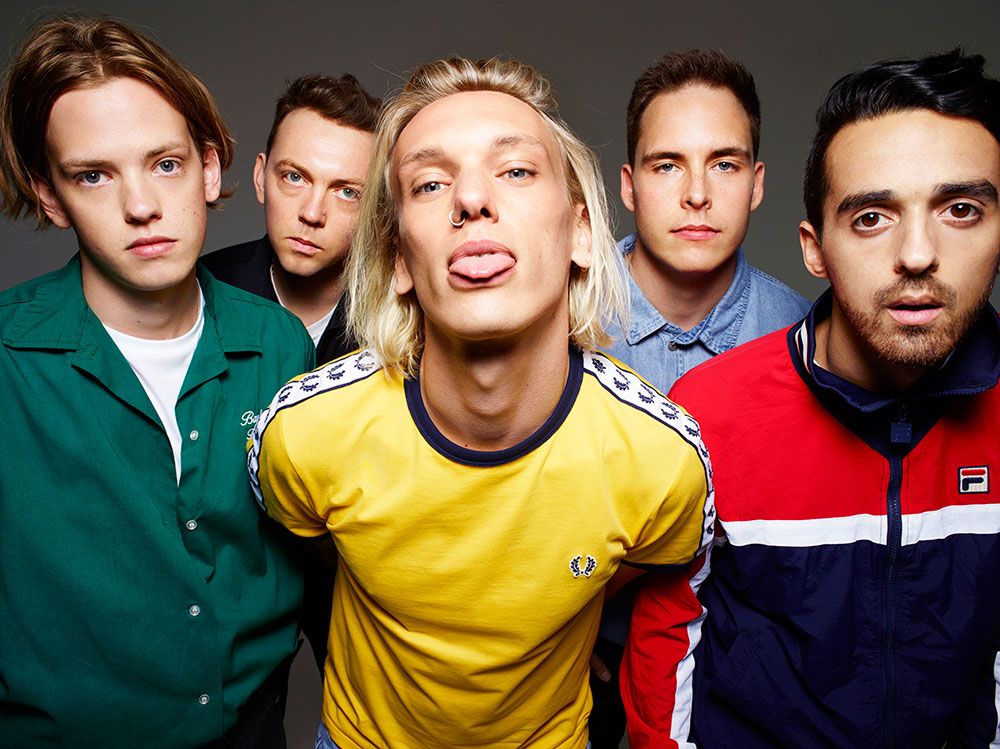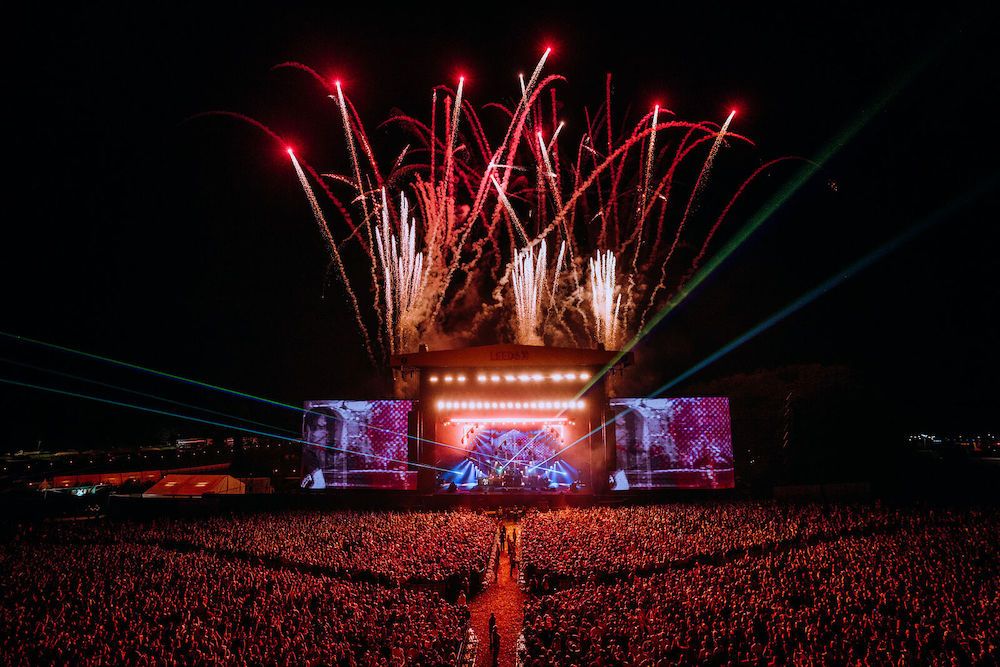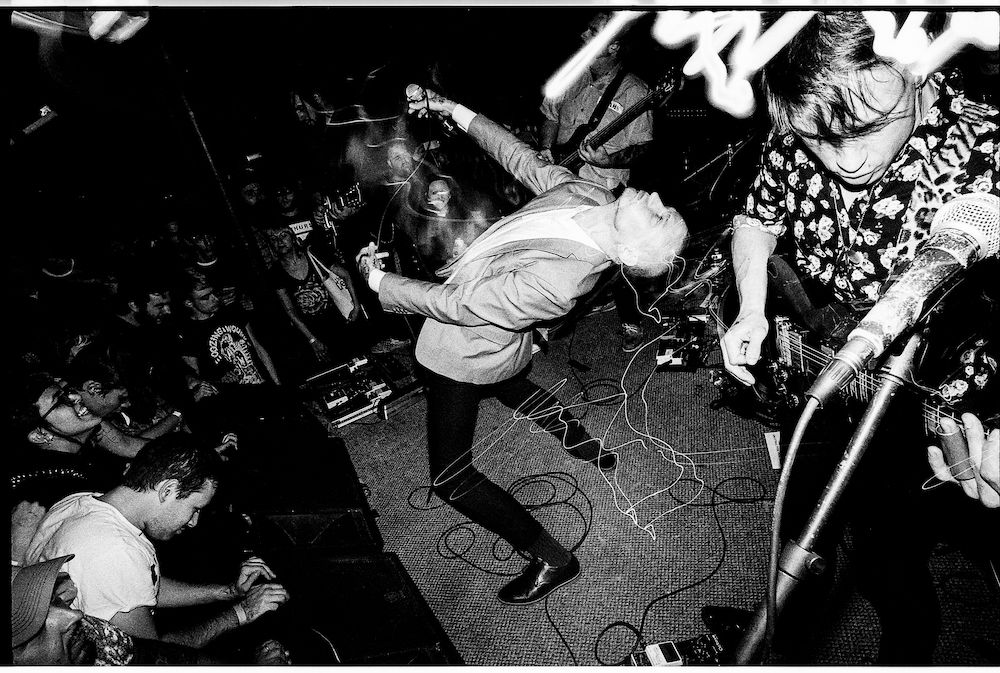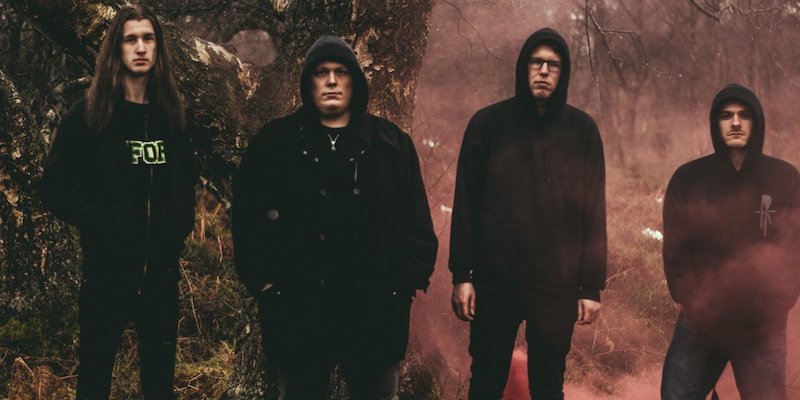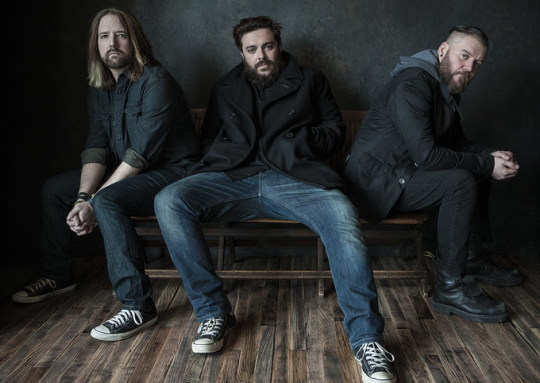
Already Heard met up with bassist Dale Stewart at Leeds Fest to talk the band’s longevity, using videos to make fans question portrayals of race and profiling as well as their pride in their fundraising for suicide awareness, using music as therapy and more.
AH: Are we right to think even though you’ve been around for ages this is actually your first Reading and Leeds appearance, and if so how was your debut at Reading yesterday?
Dale: Yeah it’s out first time here and first at Reading yesterday. I don’t know why, we’ve played Download and a lot of the others here. It’s been good to finally play Reading and Leeds in one weekend. Yesterday was great yeah. Our area was maxed out as far as being able to fit as many people in there as possible.
AH: Is there a big festival scene in South Africa and were you able to get to events like this growing up?
Dale: There was nothing like this, nothing on this scale. We had a couple of music festivals growing up. There was one big one, a three day thing. You’d go out into the middle of the bush and camp. It was dirty, dusty and shitty but it was awesome. Everyone just got wasted and watched bands for three days. It was a lot of fun but nowhere near this scale. We played it in 2012 and it was one of the biggest they’d done, about 20,000 people. There that was huge, but nothing like these.
AH: The last few times you’ve been in the UK has been to play Download, does it seem weird to be playing at a different UK festival?
Dale: Yeah I guess it does. But it is nice to be here for a change. Download is awesome and it’s another huge deal, but it’s cool to be doing this. I’m saying that, we haven’t played yet. I might be singing a different tune after the show.
AH: It’s a little over a year now since the release of your last album ’Isolate and Medicate’, how do you feel it was received?
Dale: You never really know what to expect, but it’s been good. It’s been overwhelmingly positive. At shows the response to the new music has been really good and everybody seems to know the new songs. Almost as well as the older stuff. That’s a good sign.
AH: When you’ve been a band as long as you guys have, does it get easier dealing with the build up to releasing new music and how it’s received?
Dale: I suppose it does a bit. But we still get a little nervous, that never goes away. You never know what people are going to think so it’s hard. Those few weeks leading up are a little nervewracking, but you try not to think about it and just let the pros at the management and the record label do what they do and put your faith in them. By that time we’ve done our best so we just have to let them do their thing.
AH: Probably the thing that stands out the most from this album cycle so far is the hard-hitting video you put out for ’Nobody Praying For Me’ that deals with the fallout from racial stereotyping and profiling. Where did the idea for the video come from?
Dale: Wanted to talk about what’s going on, particular in the States right now. There’s lots of violence in general, whether it’s the police or the other side of the scale, and we wanted to get people thinking about it. We weren’t taking sides in any way and we weren’t trying to demonise anyone. But there’s a very real problem. What we want people to take away from it is to think for yourself. Don’t believe everything you see or read, get all the facts and then make up your own mind. Situations can skewed in any direction you want them to be so get all the facts and don’t just take them at face value.
AH: Growing up in South Africa, you must have experienced so many issues the country had with racism and violence at that time, does it make it seem even worse now seeing similar things living in America which is supposed to be the biggest most civilised nation on the planet?
Dale: I don’t think racism ever went away. The dirty end of the stick has been pointed at South Africa but meanwhile it’s been going on everywhere. It just wasn’t made so public. It sucks that we still have to deal with it in this day and age, people should have gotten over that kind of bullshit by now. I think if people are arseholes they’ll find any reason to show it. If it wasn’t race it would be something else. They just want a reason to hate.
AH: You’re a band that’s been around a long time, and you’ve managed to outlast a lot of our peers that also broke out in the alt-rock and nu-metal boom in the early to mid 00’s, what would you put that down to?
Dale: I don’t know, hard work I suppose. Determination, hard work and good fans who’ve supported us and continued to come to the shows and buy the CDs. Hopefully because we made decent music. I like to think if your music’s decent people will stick with you and go down the rabbit hole with you. It’s a combination of a lot of things. Stubbornness too, we were too stubborn to give this up. We love it, we love music and we love playing.
AH: How do you feel about the song ’Rise Above This’ and the message and legacy that has grown around it?
Dale: It’s awesome. We have a festival in the states that’s called Rise Above Fest that’s a result of that song. It’s all about suicide awareness and mental illness. It’s awesome to have that platform to make a difference and raise money for a cause that we really believe in. The last one we did we partnered up with a foundation called Save and they were saying that Rise Above Fest is the single largest fundraising event for that problem. I don’t know if that’s in America or the world. That’s a little mind blowing and humbling. It’s very rewarding at the same time if we can help some of these kids. It’s another big problem in the states. From bullying and online bullying and servicemen coming back from overseas with PTSD and not getting the treatment they need and deserve. It’s a big problem over there and it needs to be talked about and it needs to be taken care of.
AH: One of the things that’s always been a hallmark of your writing is not shying away from subject matter that’s dark and difficult to deal with, is that something you’re proud of?
Dale: I think so yeah. Music is therapy. As we all grew up, when something bad happens, the first you do is you put on your headphones and listen to a song. If you’re angry you’ll put on Sepultura or something, if you’re sad you’ll out on Counting Crows or whatever the case may be. So yeah music is therapy and for Sean lyrically it’s an outlet for trying to get shit out of your system. Negative stuff and things that you need to get rid of. Happy stuff you want to hang on to as long as possible but the bad stuff you need to get out. It’s like lying on a couch talking to a therapist, it’s therapeutic.
AH: You’ve made it to 16 years as a band, just how long do you think you can keep the Seether machine rolling on for?
Dale: It depends how long we can keep ourselves sane. (laughs) We’ll keep doing this as long as people keep listening. We’re touring until the end of the year and then we’ll take a bit of a break. We start work on a new album next year, however long that takes is always up in the air. We don’t have a set timeline. But we’ll record that album and start this whole thing again touring that for probably two years so that takes us up to 2018.
‘Isolate and Medicate’ by Seether is out now on The Bicycle Music Company/Spinefarm Records.
Seether links: Website|Facebook|Twitter
View more of Already Heard’s coverage from Leeds Festival 2015 here.
Words by Dane Wright (@MrDaneWright)
